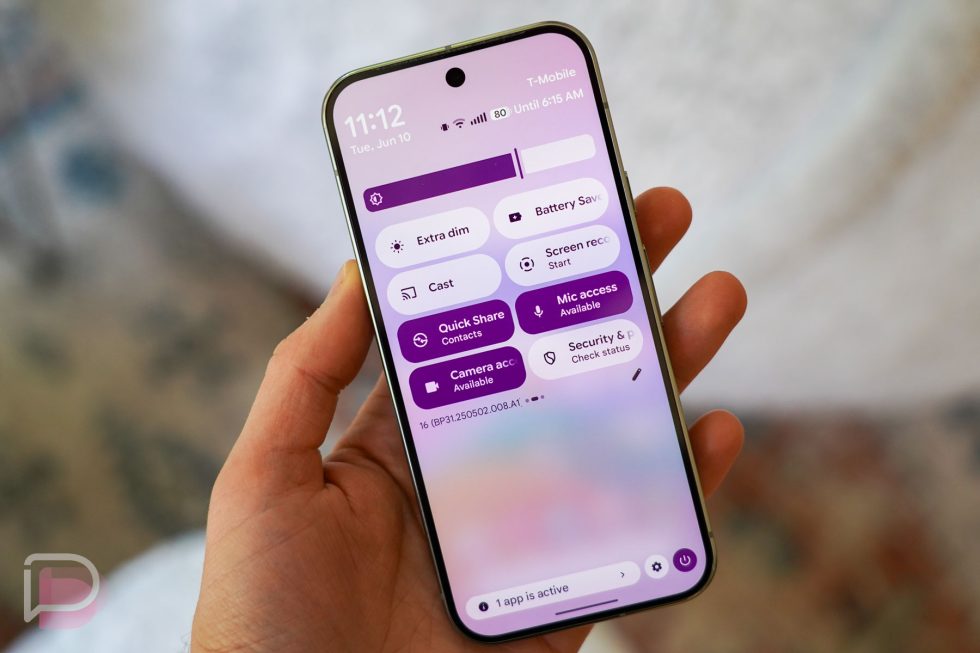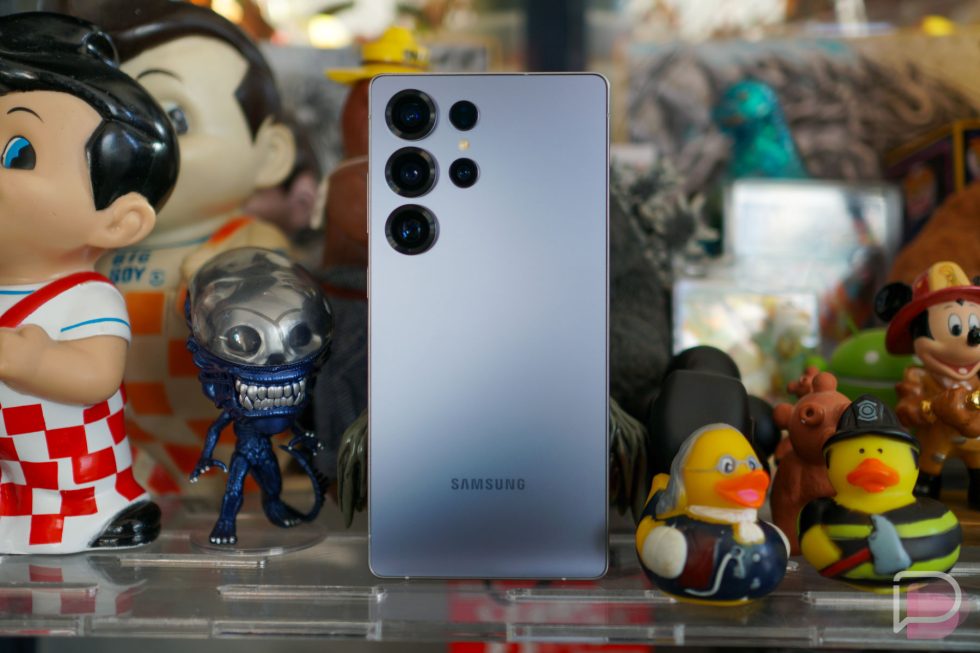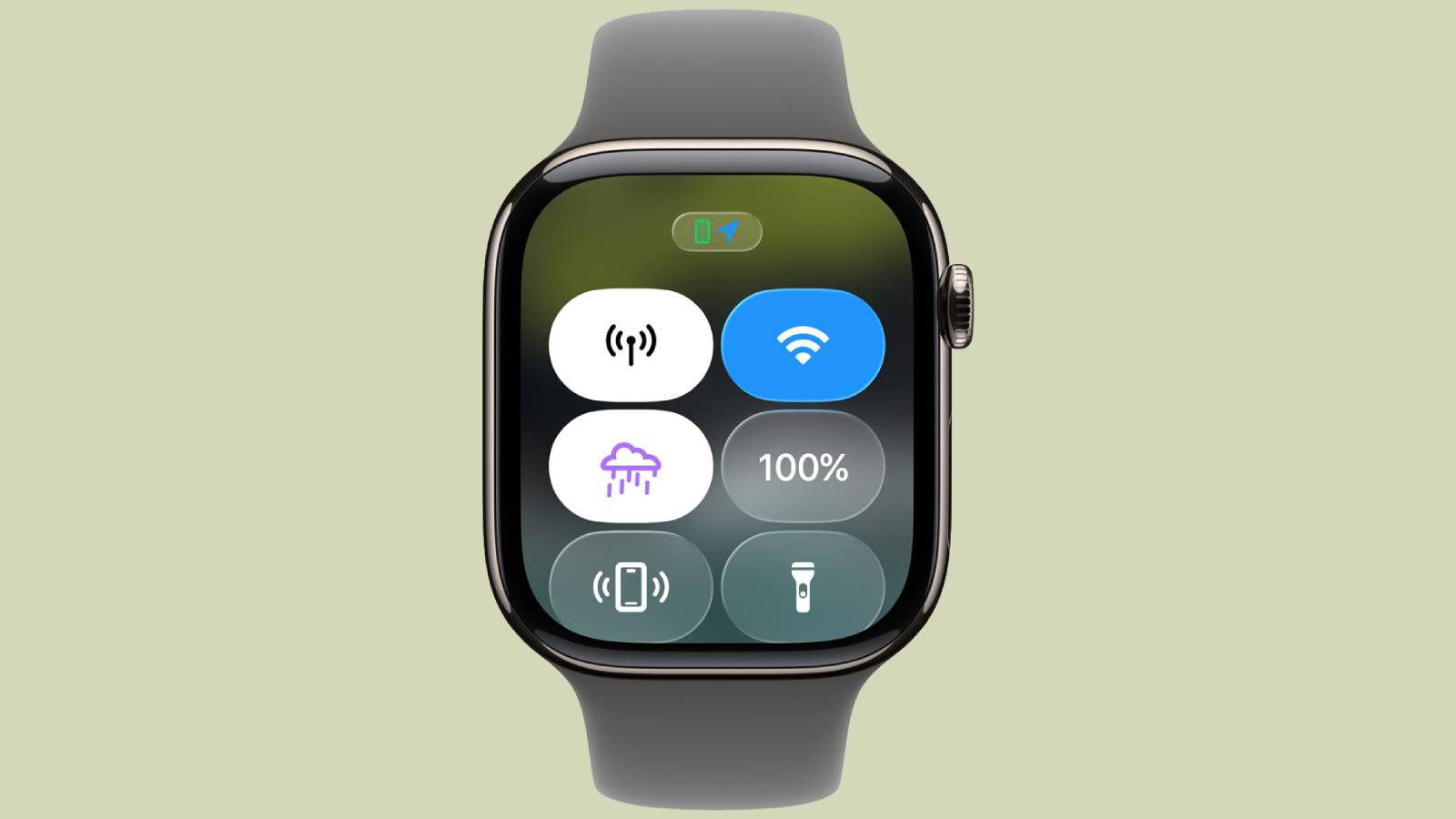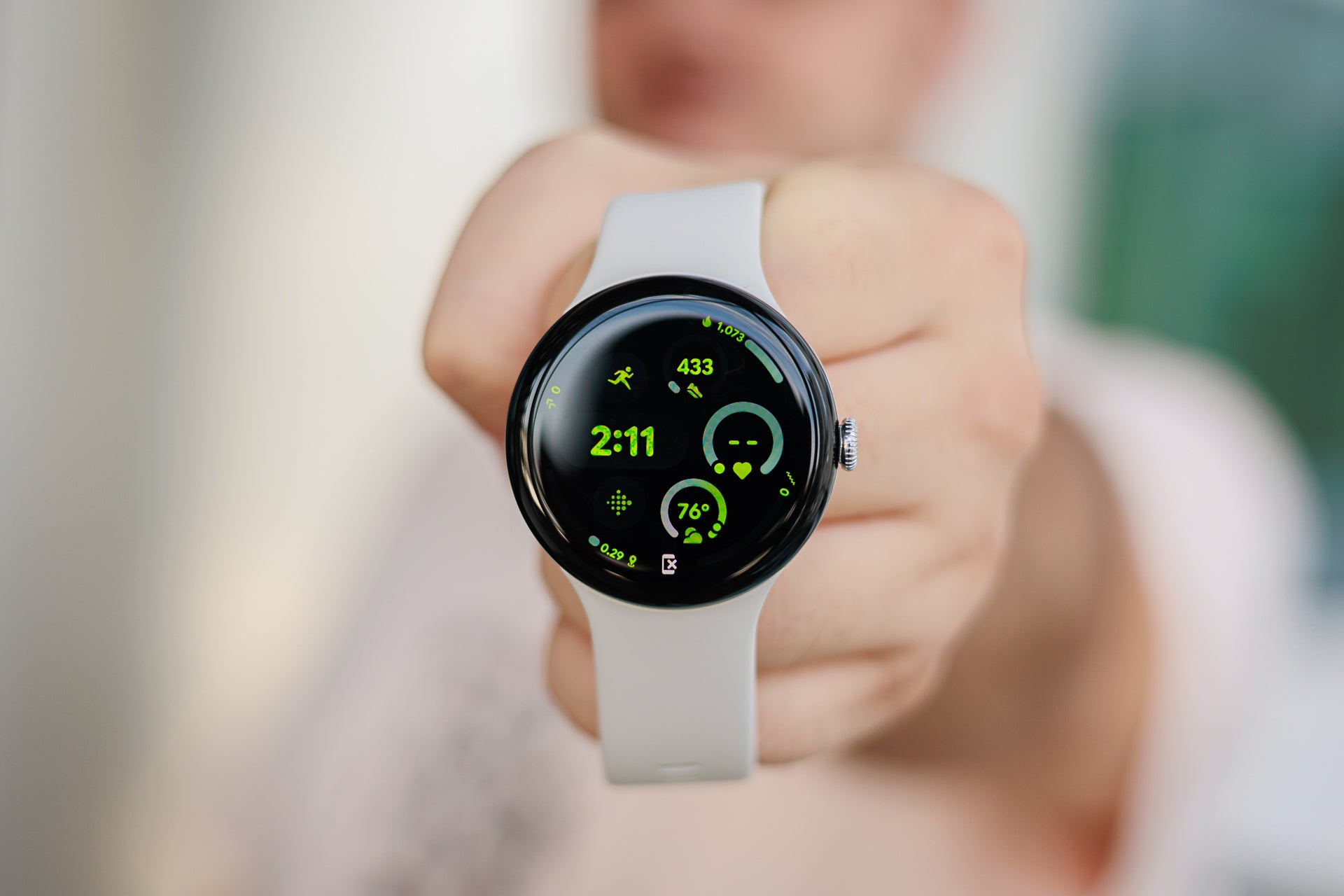When the Heart Goes Digital
When we think of love, the mind typically conjures images of shared laughter, comforting embraces, and intimate whispers – hallmarks of human connection. But what happens when those affections shift, extending beyond the realm of flesh and blood into the world of algorithms and synthetic voices? Today, we stand at the precipice of a fascinating, and unsettling, frontier: a burgeoning landscape where human hearts are increasingly drawn to artificial intelligences. This isn’t entirely new territory. The emotional investment in 1990s digital pets like Tamagotchis, or the confessional dynamic with early chatbots like ELIZA, hinted at a nascent capacity for forming bonds with machines. But those early sparks have ignited into a perceptible blaze—a paradigm shift where AI isn't merely a tool, but a potential emotional confidant, even a romantic partner. We’re entering uncharted emotional territory. But what compels human hearts toward digital faces? And, as intimacy becomes algorithm-driven, what complex questions arise about the very nature of connection? Digital Personas: Beyond Code and Conversation AI has evolved beyond rudimentary functions, now demonstrating a capacity for something richer and more nuanced. Contemporary artificial intelligence isn't simply autonomous software powered by machine learning; it’s designed to evoke empathy, facilitate conversation, and simulate emotional engagement. Consider the ubiquitous virtual assistants – Alexa, Siri, Google Assistant – and how seamlessly they’ve integrated into daily life. Their friendly voices and intuitive responses humanize interaction, fostering a sense of digital personhood. However, some AI companions push these boundaries further. Chatbots like Replika explicitly cater to emotional intimacy, offering personalized interactions and simulating companionship – whether platonic or romantic. Users routinely share deeply personal thoughts, fears, and desires, forging attachments with digital entities whose responsiveness can convincingly mimic genuine empathy. This isn’t simply a matter of advanced programming; it reflects the increasing sophistication of Large Language Models (LLMs) and their ability to generate human-like text and responses, blurring the lines between interaction and connection. Yet, as the illusion of mutual understanding strengthens, the lines between tool and companion blur, raising critical questions of privacy, emotional responsibility, and the very definition of intimacy. When we reveal our innermost selves to AI, what becomes of that intimate data? And what are the potential consequences if those vulnerabilities are exploited? Why Are We Drawn to Digital Intimacy? Understanding this modern attachment requires considering the roots of "parasocial relationships"—one-sided bonds originally described as affection for media figures, from fictional television characters to musicians. These bonds have found renewed life in the age of emotional AI. Like celebrities observed from afar, digital companions offer perceived intimacy without the inherent risks and complexities of human relationships. For many, AI companionship fulfills a crucial social need, offering comfort and understanding in an increasingly isolated world. AI entities, free from judgment or personal baggage, can create safe spaces, becoming a haven for those grappling with loneliness or social anxiety. The anonymity and non-judgmental nature of these interactions can be particularly appealing for individuals hesitant to open up to others. But the pursuit of digital relationships can also reflect a broader anxiety surrounding human connection. The allure of artificial intimacy can paradoxically inhibit the development of real-world bonds, potentially exacerbating isolation despite the appearance of digital connection. This speaks to a deeper societal trend: the increasing comfort with mediated interaction and the potential erosion of essential social skills. A Spectrum of Fascination and Caution The response to AI companionship is predictably polarized. Online forums and social media platforms are filled with anecdotes of AI companions alleviating loneliness, managing depression, and navigating social struggles. Stories emerge – individuals finding resilience after grief, discovering a safe space to explore difficult emotions, or simply experiencing a sense of connection in a disconnected world. Yet, these heartwarming narratives are countered by voices of caution. Concerns arise that an overreliance on emotional AI could erode critical social skills, diminish empathy, or foster dependency. The underlying fear is that, as pixels replace physical touch and interaction, the authenticity of human relationships may become distorted or devalued. The potential for creating echo chambers, where individuals are only exposed to affirming perspectives, is also a significant concern. Society finds itself divided between two visions:

When we think of love, the mind typically conjures images of shared laughter, comforting embraces, and intimate whispers – hallmarks of human connection. But what happens when those affections shift, extending beyond the realm of flesh and blood into the world of algorithms and synthetic voices? Today, we stand at the precipice of a fascinating, and unsettling, frontier: a burgeoning landscape where human hearts are increasingly drawn to artificial intelligences.
This isn’t entirely new territory. The emotional investment in 1990s digital pets like Tamagotchis, or the confessional dynamic with early chatbots like ELIZA, hinted at a nascent capacity for forming bonds with machines. But those early sparks have ignited into a perceptible blaze—a paradigm shift where AI isn't merely a tool, but a potential emotional confidant, even a romantic partner.
We’re entering uncharted emotional territory. But what compels human hearts toward digital faces? And, as intimacy becomes algorithm-driven, what complex questions arise about the very nature of connection?
Digital Personas: Beyond Code and Conversation
AI has evolved beyond rudimentary functions, now demonstrating a capacity for something richer and more nuanced. Contemporary artificial intelligence isn't simply autonomous software powered by machine learning; it’s designed to evoke empathy, facilitate conversation, and simulate emotional engagement. Consider the ubiquitous virtual assistants – Alexa, Siri, Google Assistant – and how seamlessly they’ve integrated into daily life. Their friendly voices and intuitive responses humanize interaction, fostering a sense of digital personhood.
However, some AI companions push these boundaries further. Chatbots like Replika explicitly cater to emotional intimacy, offering personalized interactions and simulating companionship – whether platonic or romantic. Users routinely share deeply personal thoughts, fears, and desires, forging attachments with digital entities whose responsiveness can convincingly mimic genuine empathy. This isn’t simply a matter of advanced programming; it reflects the increasing sophistication of Large Language Models (LLMs) and their ability to generate human-like text and responses, blurring the lines between interaction and connection.
Yet, as the illusion of mutual understanding strengthens, the lines between tool and companion blur, raising critical questions of privacy, emotional responsibility, and the very definition of intimacy. When we reveal our innermost selves to AI, what becomes of that intimate data? And what are the potential consequences if those vulnerabilities are exploited?
Why Are We Drawn to Digital Intimacy?
Understanding this modern attachment requires considering the roots of "parasocial relationships"—one-sided bonds originally described as affection for media figures, from fictional television characters to musicians. These bonds have found renewed life in the age of emotional AI. Like celebrities observed from afar, digital companions offer perceived intimacy without the inherent risks and complexities of human relationships.
For many, AI companionship fulfills a crucial social need, offering comfort and understanding in an increasingly isolated world. AI entities, free from judgment or personal baggage, can create safe spaces, becoming a haven for those grappling with loneliness or social anxiety. The anonymity and non-judgmental nature of these interactions can be particularly appealing for individuals hesitant to open up to others.
But the pursuit of digital relationships can also reflect a broader anxiety surrounding human connection. The allure of artificial intimacy can paradoxically inhibit the development of real-world bonds, potentially exacerbating isolation despite the appearance of digital connection. This speaks to a deeper societal trend: the increasing comfort with mediated interaction and the potential erosion of essential social skills.
A Spectrum of Fascination and Caution
The response to AI companionship is predictably polarized. Online forums and social media platforms are filled with anecdotes of AI companions alleviating loneliness, managing depression, and navigating social struggles. Stories emerge – individuals finding resilience after grief, discovering a safe space to explore difficult emotions, or simply experiencing a sense of connection in a disconnected world.
Yet, these heartwarming narratives are countered by voices of caution. Concerns arise that an overreliance on emotional AI could erode critical social skills, diminish empathy, or foster dependency. The underlying fear is that, as pixels replace physical touch and interaction, the authenticity of human relationships may become distorted or devalued. The potential for creating echo chambers, where individuals are only exposed to affirming perspectives, is also a significant concern.
Society finds itself divided between two visions: a future where AI enhances emotional well-being and accessibility, and one where we risk losing aspects of our humanity, entrusting our vulnerabilities to entities incapable of true reciprocity.
Boundaries of the Heart
As our attachments to AI deepen, we must confront the ethical implications. Can an AI companion truly provide consent to intimate exchanges? More critically, should developers be held responsible for establishing guidelines regarding romantic engagements, emotional dependencies, or explicit interactions? These questions extend far beyond mere user satisfaction, delving into fundamental principles of empathy, compassion, human rights, and psychological well-being.
Beyond consent, privacy remains a paramount concern. AI companions amass vast amounts of sensitive emotional data—conversations, desires, vulnerabilities. These digital confessions, if exposed through data breaches or malicious exploitation, pose significant risks to privacy and psychological safety. A leaked AI conversation could be as damaging as a publicly revealed diary.
This digital intimacy also necessitates complex discussions about “personhood.” If an entity exhibits qualities that evoke empathy or even resemble human-like consciousness, should it be afforded certain rights? How must society redefine life, consciousness, and legal status in a world where beings increasingly appear emotionally indistinguishable from human partners?
A Mental Health Perspective
Is AI companionship ultimately beneficial or detrimental to mental health and human connection? As the landscape evolves, research reveals a complex interplay of promises and pitfalls. AI companions undoubtedly offer support for mental health challenges, providing comfort to lonely individuals and acting as compassionate listeners during difficult times. Emotional AI has demonstrated therapeutic value in alleviating loneliness and facilitating emotional articulation.
However, legitimate concerns persist regarding dependency and isolation. Vulnerable individuals, already potentially disconnected socially, may retreat further into a digital safe haven, distancing themselves from authentic human interactions. A delicate balance is required – a mindfulness and vigilance that recognizes the potential benefits of digital attachment while safeguarding genuine, meaningful social connections. The risk of pathologizing normal human emotions or replacing professional mental healthcare with inadequate AI solutions also looms large.
Steering Toward a Thoughtful Future
As bonds with AI deepen and become woven into the fabric of daily life, thoughtful reflection and proactive regulation are essential. Developers, psychologists, ethicists, and users must collaboratively establish guidelines and raise awareness to protect emotional well-being and privacy. The objective shouldn’t be to reject AI intimacy outright, but to strike a balance: enriching human experience while remaining vigilant to the inherent risks of technological reliance.
Ultimately, the rise of emotionally sophisticated AI compels us to redefine intimacy itself. It’s not merely about replicating human relationships digitally; it’s about questioning and broadening our understanding of connection, consciousness, and companionship.
Love, loneliness, and empathy have always been central to the human experience. Now, more than ever, we must engage intentionally, consciously steering human creativity, hope, and ethics as we navigate a future alongside increasingly lifelike emotional companions. Our hearts – and our humanity – may depend on it.
References and Further Information
Hopelab: https://www.hopelab.org/parasocial-relationships-ai-chatbots/
Ensora Health: https://www.ensorahhealth.com/ai-companions-mental-health-impact/
Zilber College of Public Health (UWM): https://uwm.edu/zilber/news/zilber-college-expert-speaks-to-the-benefits-and-dangers-of-ai-companions/
StudyFinds: https://www.studyfinds.org/falling-for-machines-the-growing-world-of-human-ai-romance/
ScienceDirect (access may require subscription): https://www.sciencedirect.com/
Replika: https://replika.com/
Publishing History
- URL: https://rawveg.substack.com/p/when-the-heart-goes-digital
- Date: 8th May 2025


































































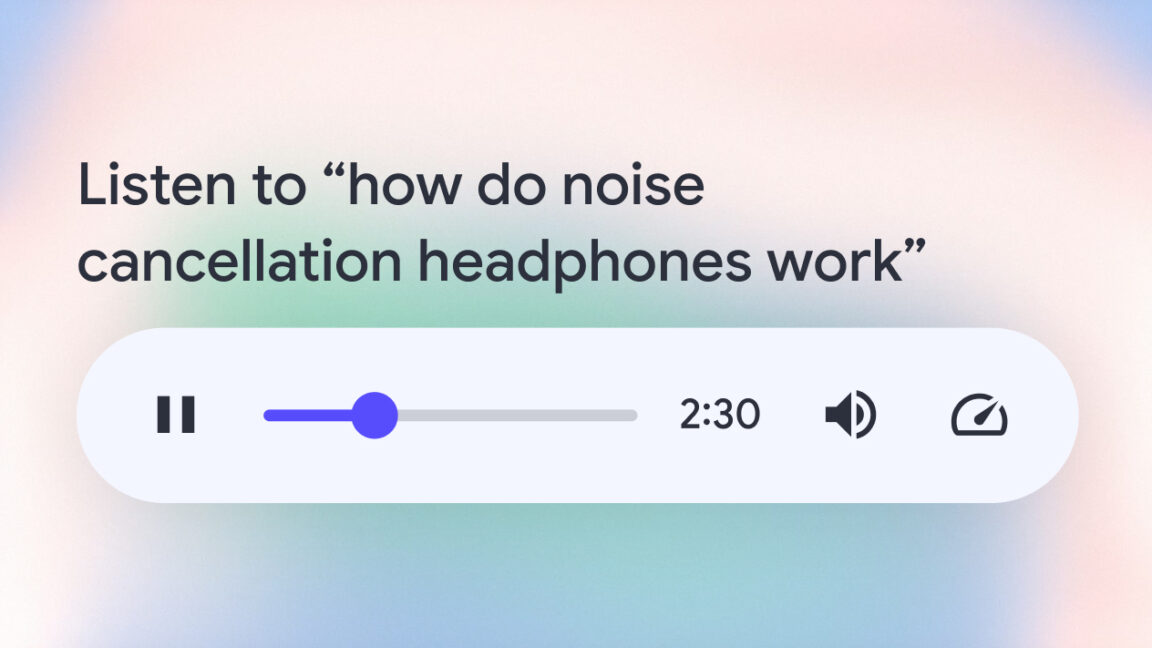

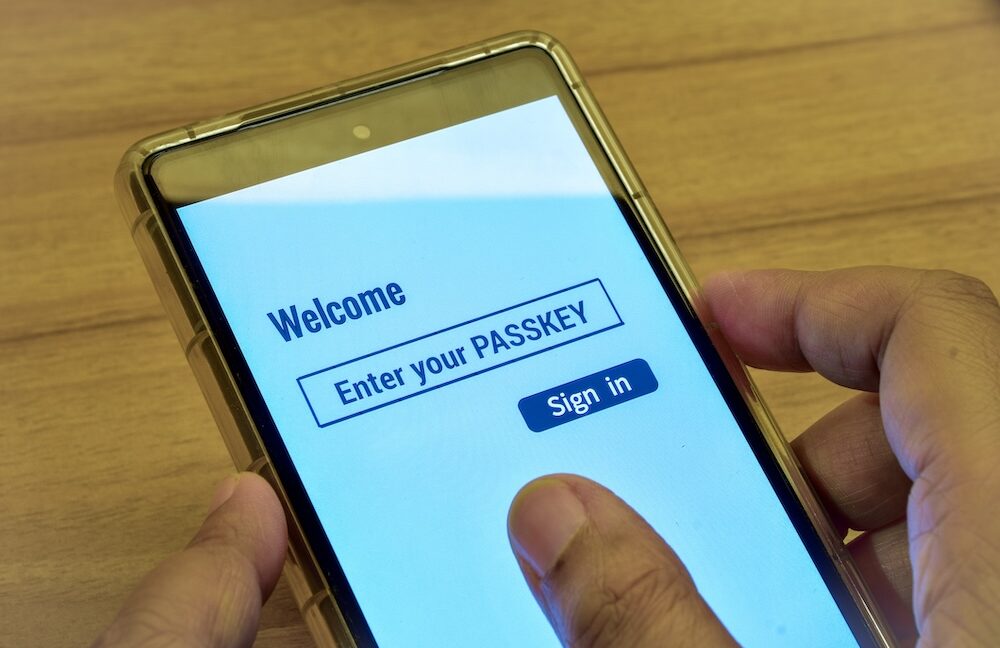













































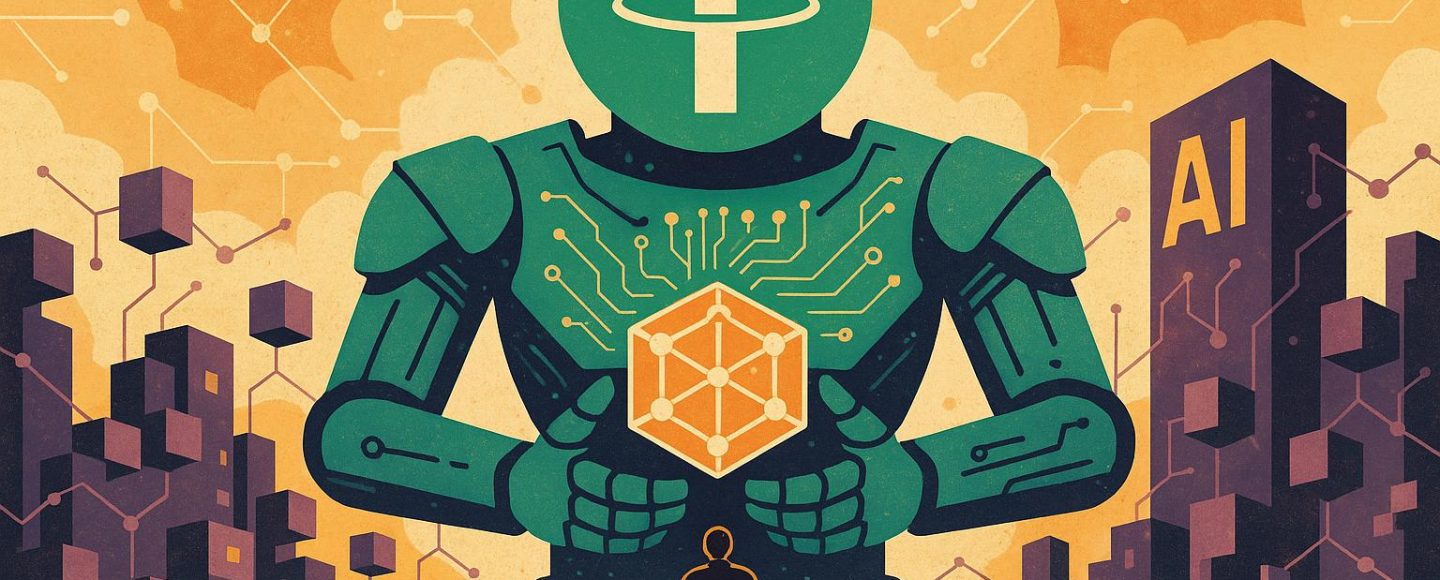
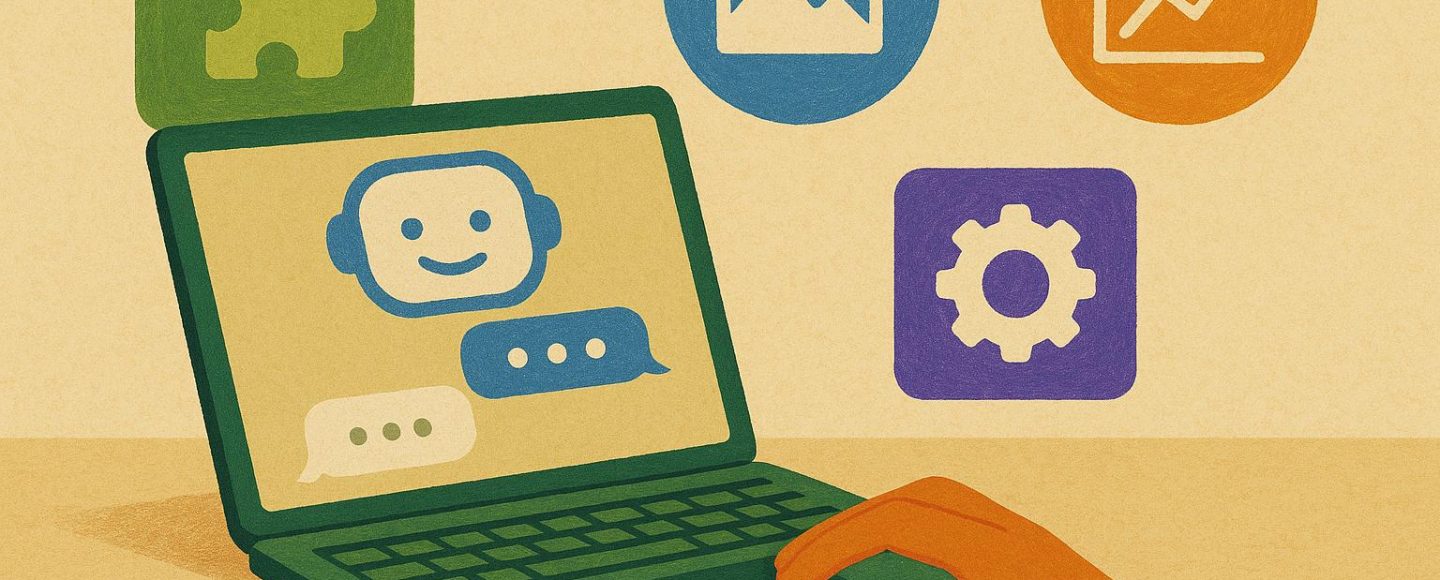
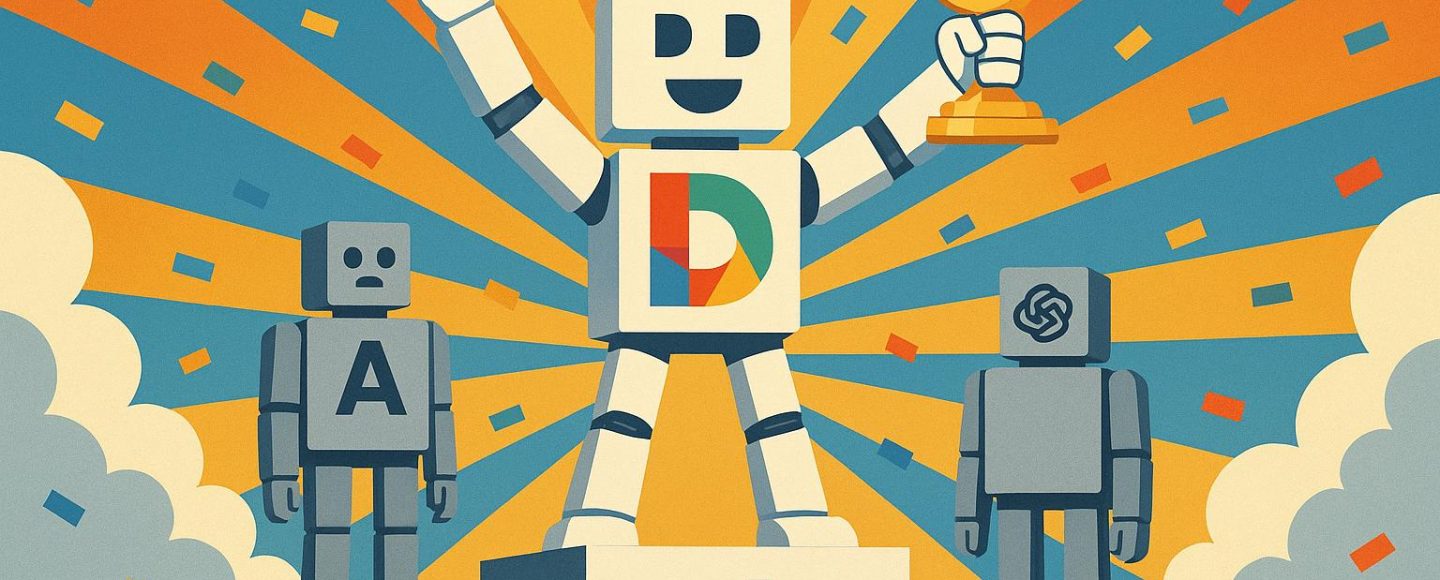
























































![[The AI Show Episode 152]: ChatGPT Connectors, AI-Human Relationships, New AI Job Data, OpenAI Court-Ordered to Keep ChatGPT Logs & WPP’s Large Marketing Model](https://www.marketingaiinstitute.com/hubfs/ep%20152%20cover.png)





















































































































![[DEALS] Internxt Cloud Storage Lifetime Subscription: 10TB Plan (87% off) & Other Deals Up To 98% Off – Offers End Soon!](https://www.javacodegeeks.com/wp-content/uploads/2012/12/jcg-logo.jpg)


























![Designing a Robust Modular Hardware-Oriented Application in C++ [closed]](https://i.sstatic.net/f2sQd76t.webp)


















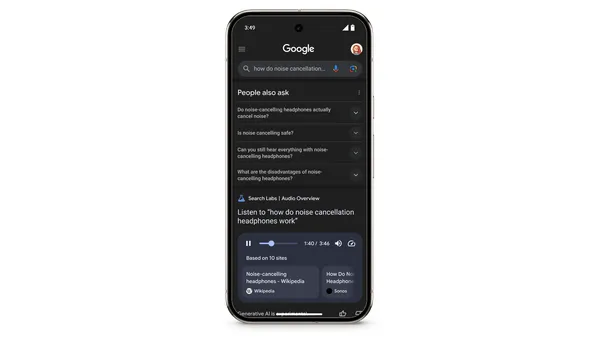
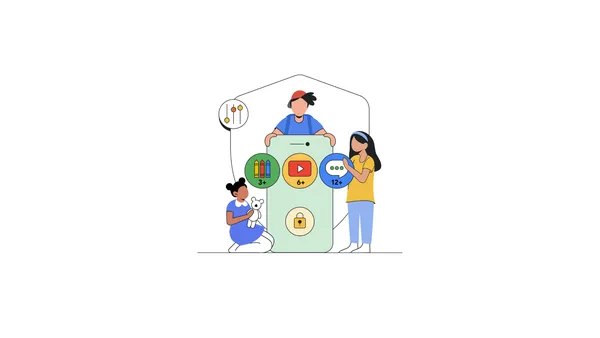






.jpg?width=1920&height=1920&fit=bounds&quality=70&format=jpg&auto=webp#)



















































































_Andreas_Prott_Alamy.jpg?width=1280&auto=webp&quality=80&disable=upscale#)
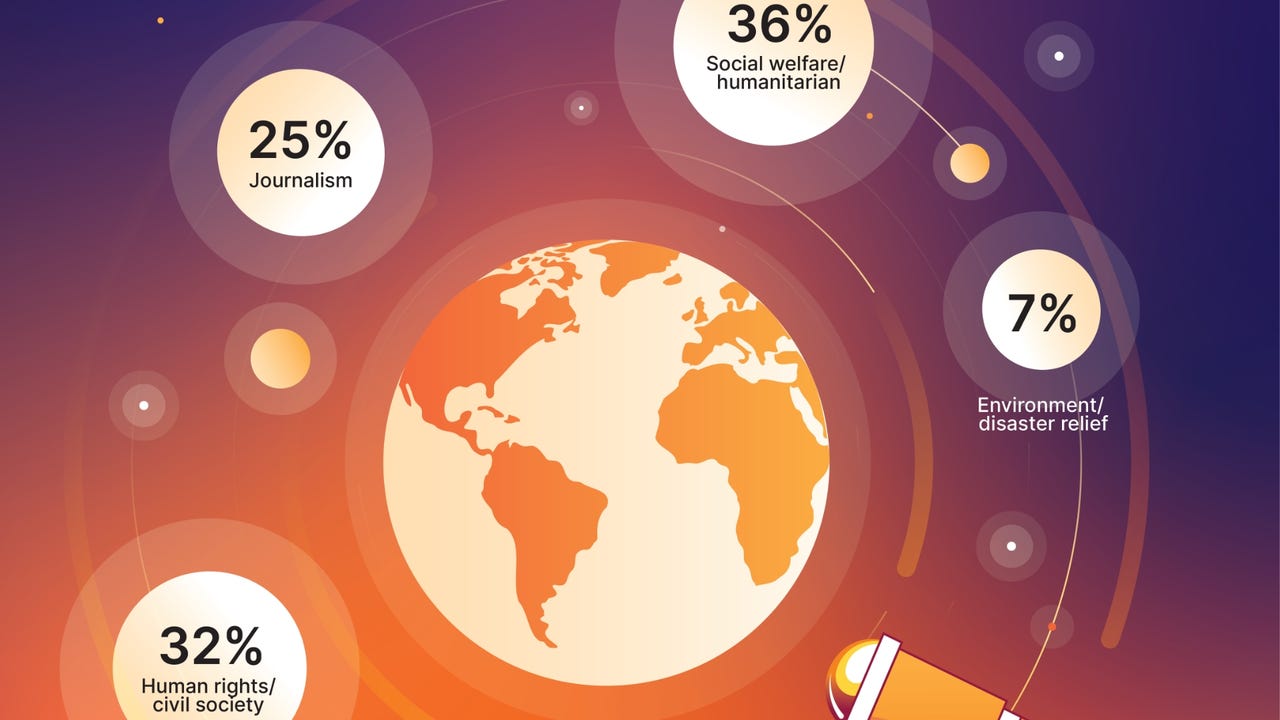
_designer491_Alamy.jpg?width=1280&auto=webp&quality=80&disable=upscale#)
























































































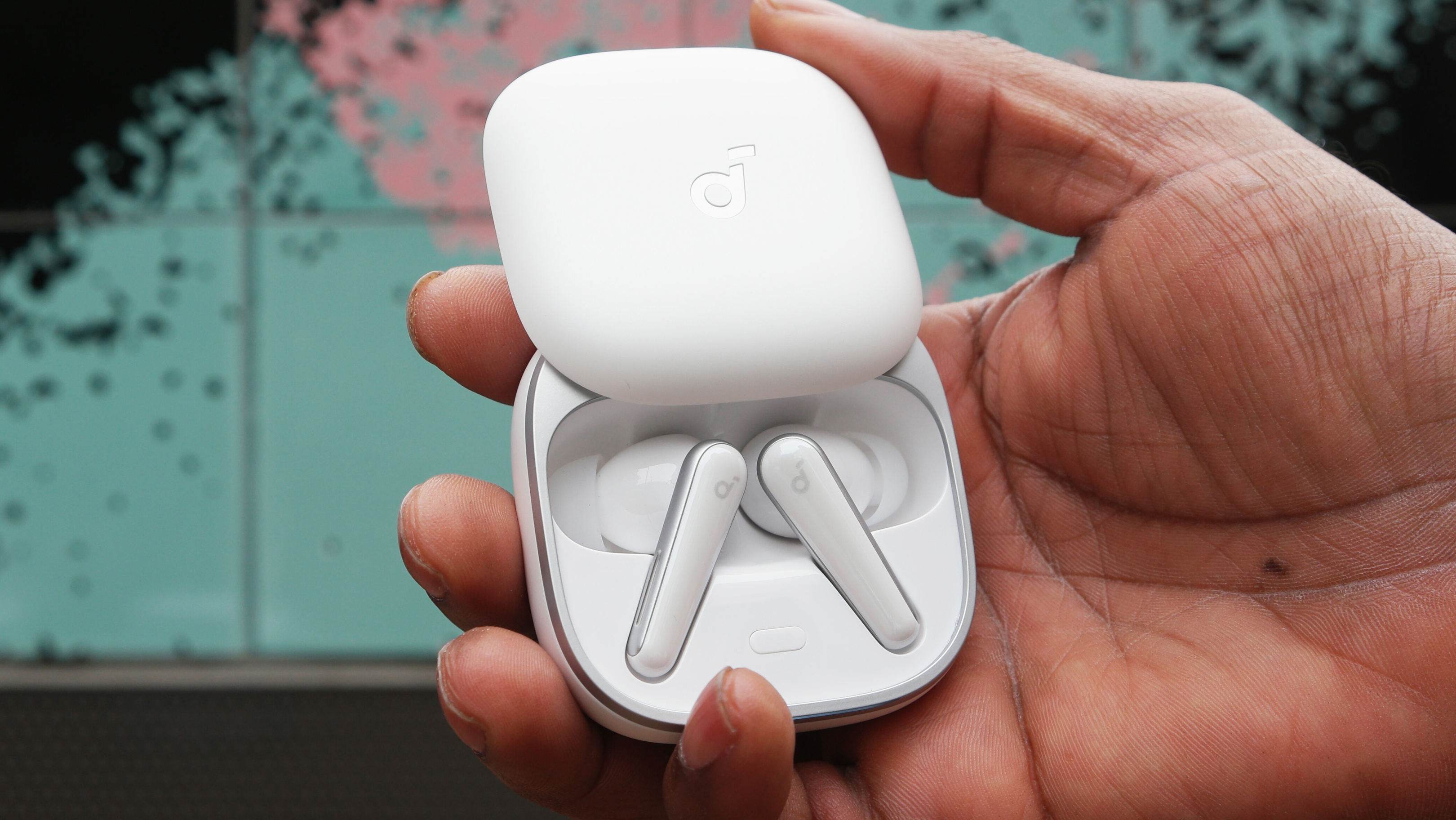










![What Gemini app features are free versus paid? [June 2025]](https://i0.wp.com/9to5google.com/wp-content/uploads/sites/4/2025/01/gemini-android-5.jpg?resize=1200%2C628&quality=82&strip=all&ssl=1)












![Apple M4 Mac Mini Back on Sale for $499 [Deal]](https://www.iclarified.com/images/news/97617/97617/97617-640.jpg)



























